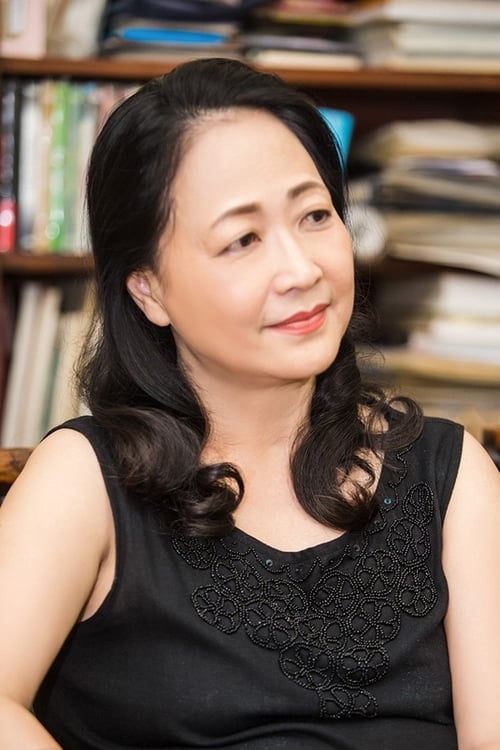Như Quỳnh
Рождение : 1954-01-01, Hanoi, Vietnam
История
Nguyễn Như Quỳnh (born in 1954, known as Như Quỳnh) is a Vietnamese actress and People's Artist (NSND). She is also known as an amateur poet. She graduated in 1971 from the Vietnam Theatre School, today the University of Theatre and Film, Hanoi (SKDA). Two years later, she acted as one of the two female leads in her first film, Bài ca ra trận ("The Song of Battle", d. Trần Đắc, 1973). Then with her role as Nết in Đến hẹn lại lên ("We'll Be Seeing Us Again", d. Trần Vũ, 1974), Như Quỳnh won the Best Actress Award at the 3rd Vietnam Film Festival in 1975. Her roles in a series of French co-productions, Indochine (1992), Cyclo (1995) and Vertical Ray of the Sun (2000) introduced her to a foreign audience.
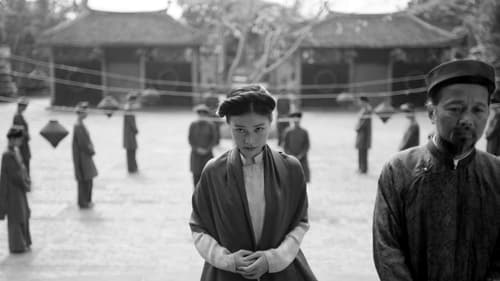
Mây, a fourteen year-old girl is being married as the third wife to a rich landowner in the late 19th century Northern Vietnam. A black & white version of The Third Wife with no dialogue and new music.
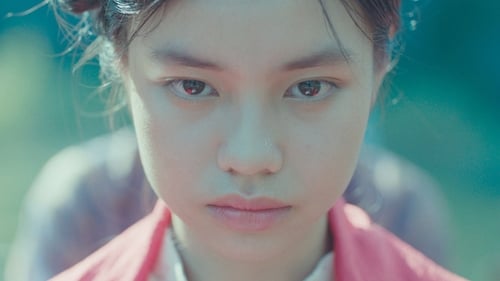
Ba Lao
Вьетнам, конец XIX века. 14-летнюю девушку отдали в младшие жёны состоятельному землевладельцу. Как и у остальных жён, её задача — родить наследника, но, возможно, она сама желает чего-то большего.

Diệu’s Grandma
A rags to riches story of unusual circumstance. 'Huong Ga - Rise' is the story of Dieu. Chronicling the highs and lows of Vietnam's most notorious female gangsters| this is a woman's journey as she breaks the glass ceiling in a man's word| albeit| a much darker and dangerous existence. Shaded by the influence and lessons of the men in her life: Nhan her childhood sweetheart| her great unrequited love; Hung fifty shades of empty but a great physical attraction; Tung the man of her dreams| husband| lover and friend; and Tan - the gentle man who promises a simpler life. Each of the men in her life contribute to Dieu's great success (and failures) as she climbs to the top of Vietnam's gangster underworld.
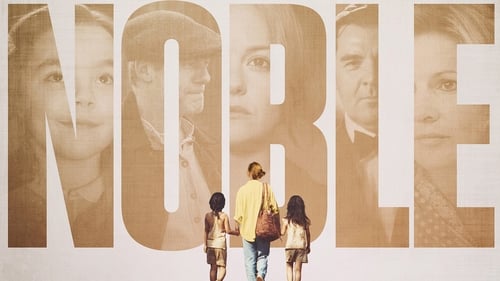
Madame Linh
Действие фильма происходит во Вьетнаме в 1989 году. Кристина Нобл летит в Хошимин (бывший Сайгон) с несколькими долларами в кармане, и желанием помочь бедствующим жителям города. Картина рассказывает о ее воспитание в Дублине, и ее взрослой уже жизни в Великобритании. Это реальная, вдохновляющая история о женщине, которая своим примером показала, что нужен лишь один человек, чтобы изменить мир.

Mrs. Da Quy
Seven stories about Vietnamese women spanning different generations, exploring their inner lives and forbidden loves.

Soon after her wedding, newlywed Duyen's excitement begins to fade as she realizes her young husband is not only naive but overly occupied by his job and doting mother. As her marriage goes unconsummated and her emotional isolation grows, she reaches out to her closest girlfriend, Cam, who secretly desires her, but pushes her into the arms of a dangerous and provocative suitor. The resulting infidelity puts Duyen in a precarious love triangle, challenging her notions of conventional relationships and also the stability of her new family. Director Bui Thac Chuyen's absorbing second feature traces the emotional and psychological landscapes of lust and desire, weaving an atmospheric tale of love and life in modern Hanoi.

Ba Tu
Saigon Eclipse is inspired by the "Story of Kieu", the classic Vietnamese epic poem written by Nguyen Du in the early 19th century. Our story revisits and updates the poem's principal themes of filial devotion, redemption and woman's submission; themes structuring Asian feudal society.

The love story of Dan (a beautiful young woman) and Gu (a humpback), servants from two separate households in Ha Dong, Vietnam who have suffered most of their lives at the hands of their cruel masters. The couple flee south soon after Gu presents Dan with a wedding gift - the precious white silk dress his mother had owned (his one valuable possession), while he promises her a proper marriage someday in the future. The couple arrive in the seaside town of Hoi An and build a new life, with Dan ultimately giving birth to 4 daughters. Despite struggling through immense poverty and hardships, the family is happy and fulfilled as long as they have each other, but the horrors of the encroaching war brings tragedy and threatens to tear them apart.

La Directrice
At the house of a famous Chinese botanist teacher his daughter and a female intern fall in love with each other - a forbidden love that must be kept secret.

Set in a breath-taking primitive landscape in the mountainous provinces of Vietnam, the film tells the story of a Hmong tribe girl named Pao. She was raised by her stepmother, for her real mother left her when she was little. One day, her stepmother dies in an accident, and she begins to track down her birth mother. But her journey turns out to disclose an unsealed sentimental drama of the family in the past.

Thuy is a country girl. She met Hoang, who is photographer for a fashion company. Thuy entered the fashion field. Thuy's older sister protested so Thuy left home. In fierce competition, Thuy accepted a date with a famous photographer to become a vedette.

Mrs. Hon
Based on a well-known novel of the same title by author Duong Huong, “Wharf of Widows” reflects stories in the context of a rural Village called Dong – a typical North Vietnamese village with bamboo ramparts, communal house roofs, banyan trees and wharves. It was a time when the north hurried to build up the countryside and support the southern battlefield. The movie takes us back to the olden days of peaceful northern villages and women waiting for their men to return from the battlefield. The war robbed the village of healthy strong men leaving behind the women who waited at the water’s edge.

Suong
Hanoi comes across almost picture-perfect in director Tran Anh Hung's beautiful, elegiac tale about the lives and loves of three Vietnamese sisters. A mood characteristic of Hung's films is set early on with the vivid sounds of birds, insects and water and the way the lighting enhances the subtle use of color. They all combine to gem-like effect here.
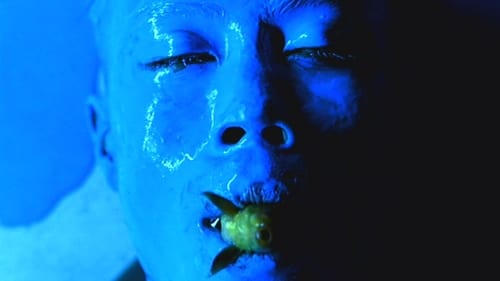
Madam
Главный герой картины, который зарабатывает на жизнь нелегким трудом рикши пытается честно выполнять свою работу. Его отец тоже был рикшей, но погиб под колесами грузовика. Вот так живут на окраинах перенаселенных городов - смерть ходит рядом. В каждом районе есть своя банда, и чужаков здесь не уважают. Мальчика-рикшу избили и отобрали его повозку, чтобы не отбивал клиентов в чужом районе. Но нужны деньги, и, поскольку в одиночку не выжить, он примыкает к местной банде.

Mrs. Văn Minh (Mrs. Civilized)
The sexually repressed widow Doan comes to play tennis in the court where sly, lewd orphan Xuan (nicknamed Red-haired Xuan for his sunburnt hair) is working as a ball boy. Their encounter that day would change Xuan's life forever, as the widow introduced him to an entirely different world of the hypocritical and decadent petite bourgeoisie class, a condition of "Westernized" middle-class Hanoians under French colonial rule in the 1920s. An 8-part series adapted from Vu Trong Phung's classic satire.

Returning to Vietnam after many years of studying abroad, a doctorate in atomic force Thai Duong entered an unimaginable reality. Many funny situations took place in his family when he was pondering over choosing a job in a new environment. Thai Duong was tricked into losing money, and his father and brother Loc Ton performed a risky mission to earn money: buying liquidated bombs.

Defectors from Hitler's army join the French Foreign Legion and end up in Vietnam in the late '40s.

Hiên
Melodrama set in South Vietnam in the 1970s. Before liberation, Kha and Hien were in love but prevented from marrying by rigid class
distinctions. After the war, Kha returns home with the rank of lieutenant colonel and finds Hien has lost her fortune and her status. Kha decides to protect Hien to repay his ‘debt’ of love to her.

Nguyệt
Hanoi of 1978, milkwood pine flowers in autumn, and the anxiety of idealistic youths navigating postwar life. A young couple struggle to be together as individual happiness gets in the way.

Diễm Hương
Student Ba Duy sinks deep into heartbreak and a nihilistic street life when his sweetheart, Diem Huong, suddenly leaves him to marry an American diplomat.

Ái
A story about a Catholic Village by the sea in Northern Vietnam in the early 60's, where people lacked faith in the new Communist regime.

Nết
On a festive spring day in 1940, two young quan họ singers fall in love. But their relationship is soon ruthlessly disrupted by class injustices, imposed upon both—and many other Vietnamese—by the ongoing French colonial rule and the looming Japanese occupation.

Mai
March to the Front depicts the Resistance War Against America (Vietnam War) through the lens of romance.

